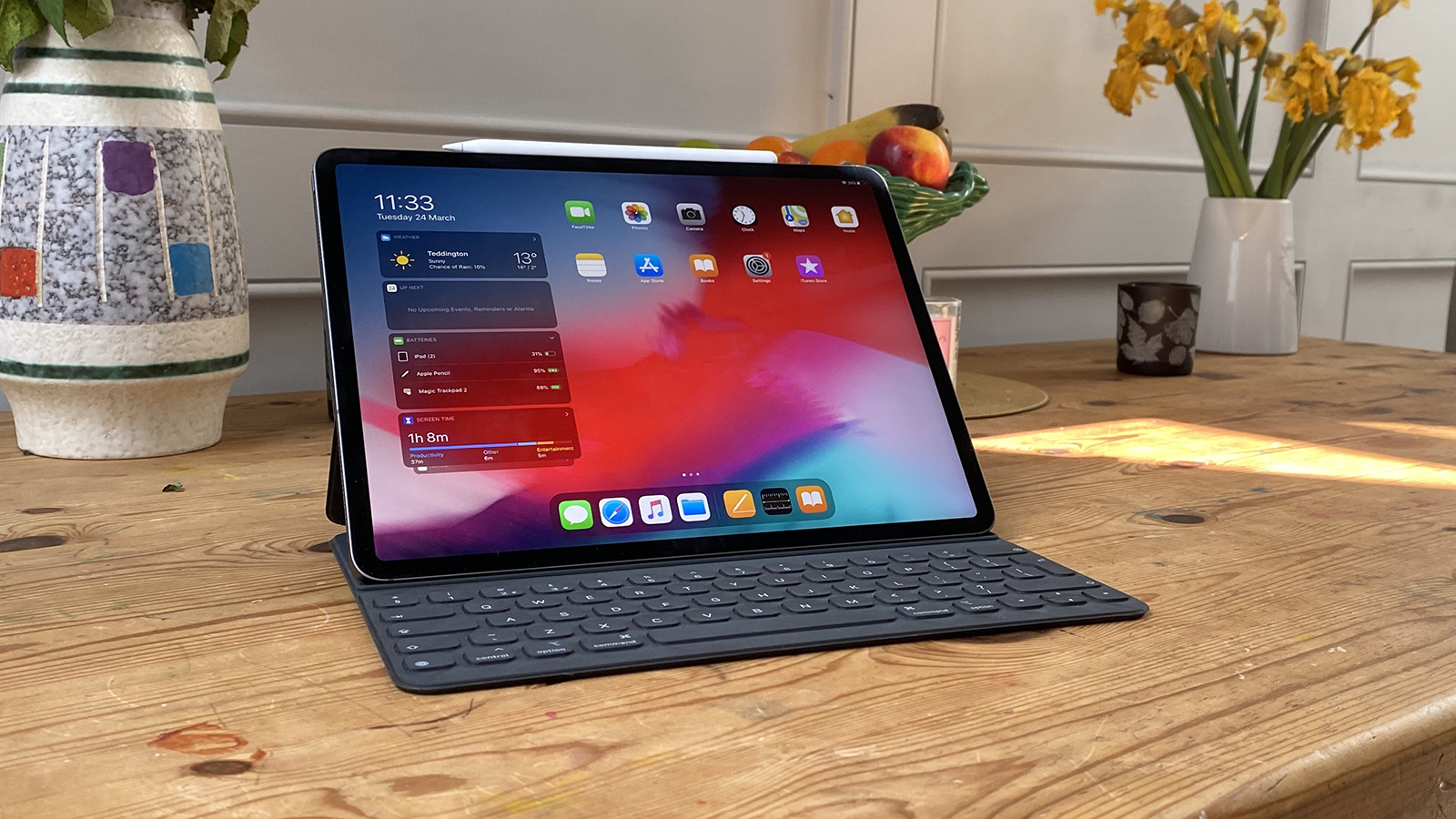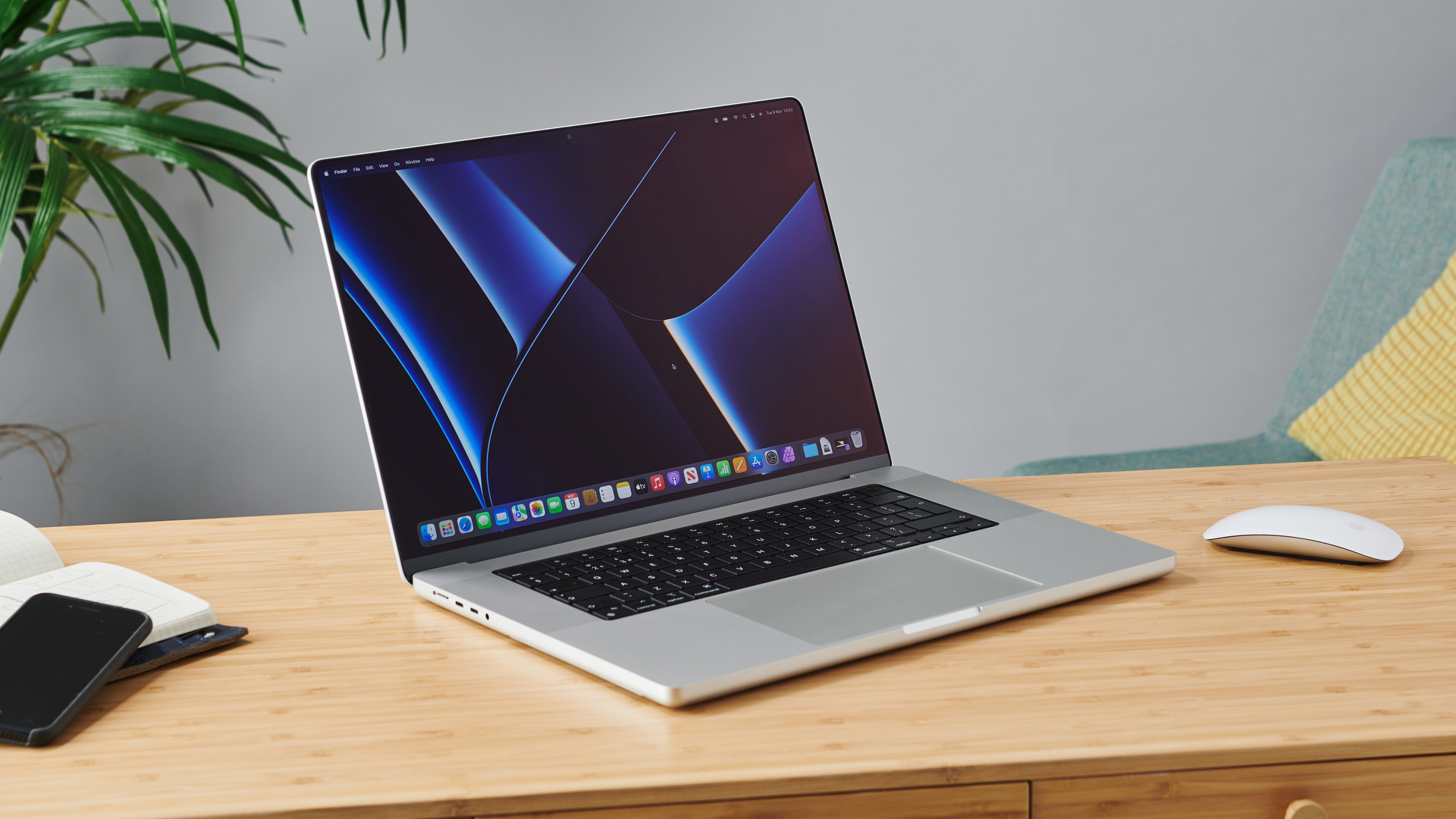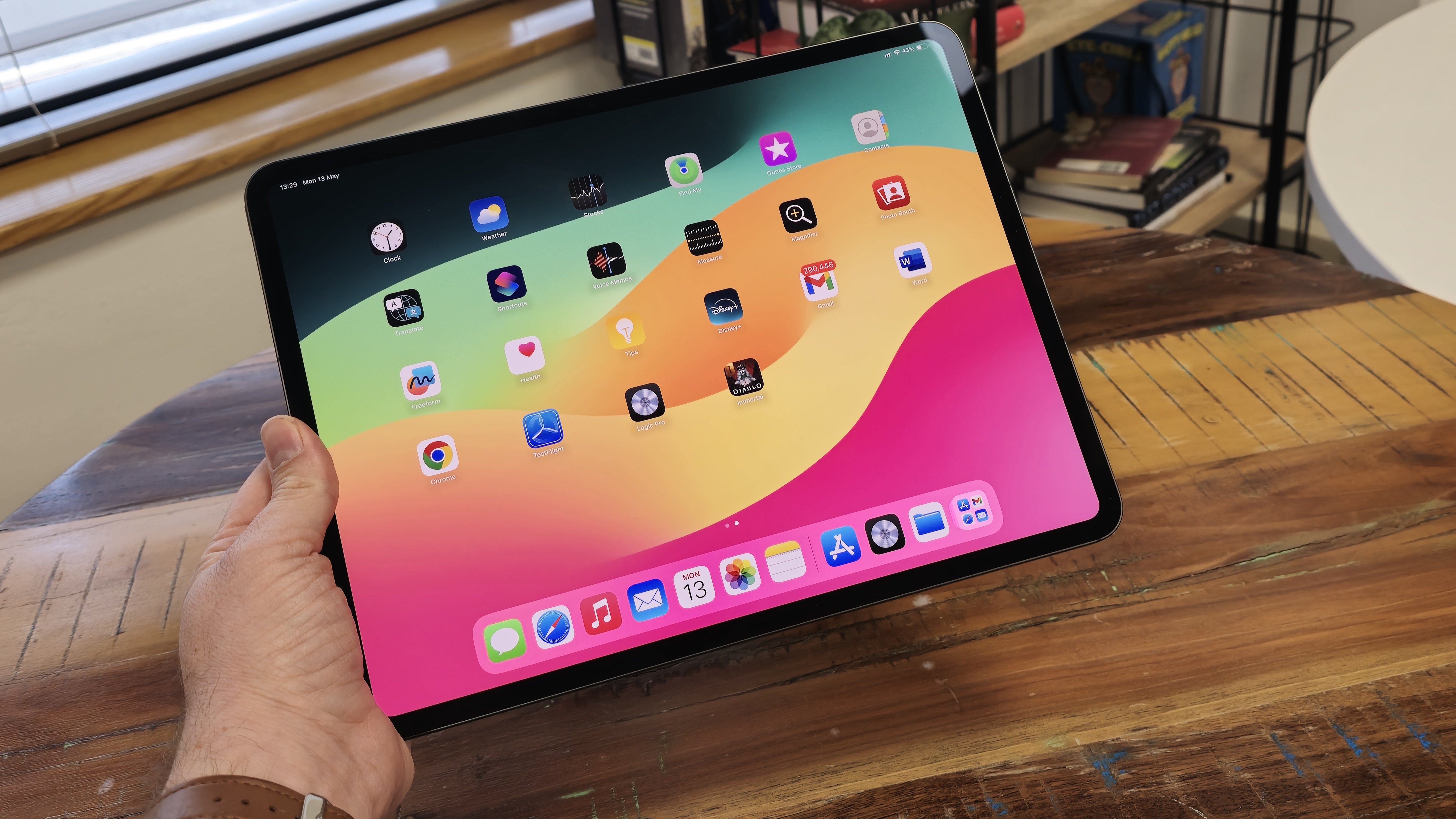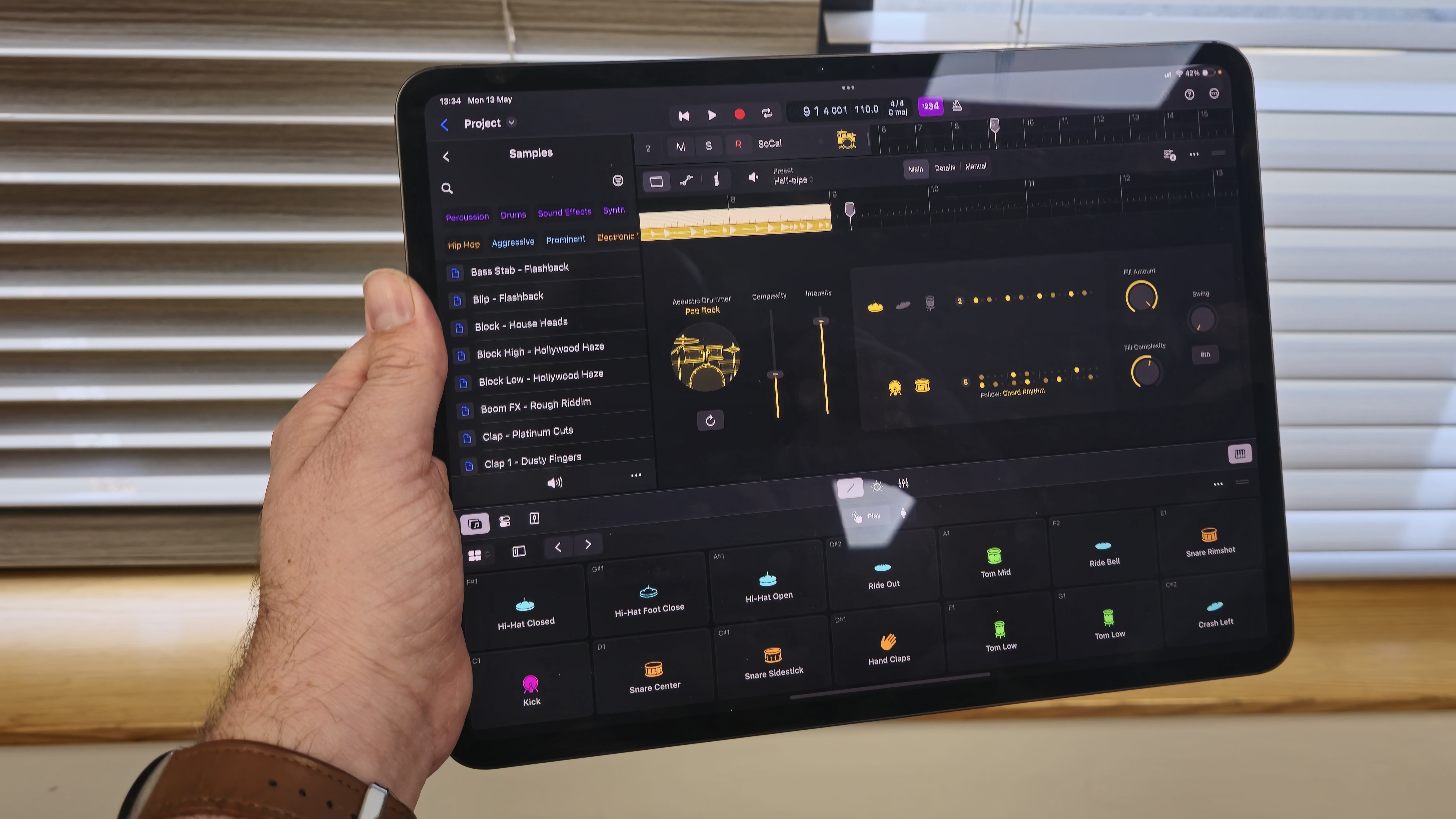If I'm ever going to buy another iPad, WWDC needs to bring some serious iPadOS changes
I want Apple to go all-out for the iPad

How quickly five years goes by – I can scarcely believe it, but it’s been almost half a decade since I picked up my 11-inch iPad Pro and second-generation Apple Pencil.
The approach of WWDC 2025 has brought an onslaught of rumors about Apple’s upcoming operating system updates, and given the timing of the above I’ve been drawn to the latest tip-offs and suggestions about iPadOS 19.
Speaking personally, I’m pretty excited by the prospect of an iPad operating system that’s tipped to be the most Mac-like iPadOS update ever – check out our recent roundup of iPadOS 19 features we want to see for a detailed breakdown.
But on the other hand, as a user of both Apple and Android devices, I’ll believe it when I see it. Android has surpassed Apple in terms of tablet multitasking and computer compatibility so successfully that I’d almost stopped hoping for any proper competition from Apple in the software arena (iPads arguably have the superior hardware and a better optimized app ecosystem.)
To be fair, in the last five years I’ve put my iPad Pro to good use. It carried me through the first two years of my degree, and has been a fabulous companion for streaming video, controlling Spotify playback, and doodling on ProCreate. I’ve edited audio and video, taken photos, made spreadsheets and diagrams, and scrolled through plenty of social media posts.
But since picking up a 16-inch M1 Pro MacBook Pro just over a year ago, I’ve noticed my iPad usage falling steadily – to the point where its A12Z processor and still-lovely 120Hz LCD display have mostly been relegated to the status of YouTube machine.

As anyone who’s owned an iPad knows, that’s pretty much death’s door for an Apple tablet, no matter the model. In the latter years of my older iPad Air (the original model released in 2013), I was using the tablet for the exact same thing, despite not having a Mac at the time, and the iPad Pro's greater power and multitasking capabilities.
Sign up for breaking news, reviews, opinion, top tech deals, and more.
Given five years is somewhat aged for my iPad Pro, especially as its successors moved to the powerful and efficient M-series Apple chips, I’ve been eyeing up some of the best iPads as a possible successor to the Pro, and to give me a tablet that I'll use for a lot more than streaming.
To be honest, though, the spark I felt with my previous two Apple tablets just isn’t there this time.
The crux of this is I don't feel there's enough 'pro' features to justify and upgrade to the latest iPad Pro, and see it become my primary device for work and play over my MacBook. Unless you absolutely need the touchscreen or Apple Pencil, I think it’s quicker to get things done on the more flexible, more powerful macOS-based machine.
That’s because iPadOS just isn't powerful enough without proper desktop-style features – its multitasking is usable, but awkward, the files app convenient, but nerfed, the ecosystem smooth, but much more closed off than a traditional desktop. Essentially, I feel in its current guise iPadOS means the iPad Pro is essentially a powered-up iPad Air rather than a MacBook replacement that would pique my interest.

I’m not the first to say that the iPad’s remarkable hardware is held back by iPadOS. I'm not even the first TechRadar journalist to say so - Managing Editor, Core Tech Matt Hanson said he found that "the power of the M4 chip largely went to waste with the iPad Pro" earlier this year.
I think the hardware jump from my current 11-inch iPad Pro to one of the gorgeous 2024 models, with their slim build, Tandem OLED displays, and ludicrously powerful M4 chipsets, would feel even greater than the jump from the original iPad Air to my current 2020 iPad Pro, which makes the limitations of iPadOS even more frustrating. Why invest in all that power if the software can't take advantage of it?
So, without being too dramatic, I think this coming WWDC is Apple’s last chance to show me it really knows what it’s doing with the iPad.

Why invest in all that power if the software can't take advantage of it?
While I’d settle for new features that offer a more purposeful tablet experience while remaining entirely separate from the Mac, what I really want to see is Apple pushing the iPad towards a bolder, more capable role, leaving its ‘YouTube machine’ moniker firmly in the past.
One could even suggest having a separate fork to iPadOS, such as iPadOS Pro, that focuses on pro-grade multitasking, a better mouse-centric interface when using an iPad Pro with the Magic Keyboard, and file management and transfer that's suitable for people doing professional work such as video editing.
There's always been the perceived concern that Apple wouldn't do this due to cannibalising MacBook users, but there's scope that by making iPadOS more macOS-like for iPad Pros you could get an more capable and flexible tablet that could augment one Apple product collection than dilute it; for example photographers and video editors could use an iPad Pro with a more pro-centric iPadOS to do on the fly edits or tap into powerful Apple Intelligence features, while out in the field, then move over to a MacBook Pro when back at their desk or in a more laptop-friendly environment.
So my hope is we see something special from Apple at WWDC that supercharges iPadOS, if not with an eye on professionals then in a fashion that really harnesses the M-series chip power to make iPadOS more distinct, and less of what's arguably a modified take on iOS 18.
WWDC 2025 kicks off on June 9 – be sure to bookmark our how to watch WWDC 2025 guide and keep an eye on our phones coverage and tablets coverage for the latest updates. Let us know what you’re looking forward to in the comments below.
You might also like

Jamie is a Mobile Computing Staff Writer for TechRadar, responsible for covering phones and tablets. A lifelong tech-obsessive, Jamie began his writing career as a music blogger before studying journalism at Goldsmiths College, and joined TechRadar in 2024. He thinks the iPhone 5S is the greatest phone of all time, but is currently an Android user.
As well as reporting on the latest in mobile hardware, software, and industry developments, Jamie specialises in features and long-form pieces that dive into the latest phone and tablet trends. He can also be found writing for the site's Audio and Streaming sections from time to time, or behind the decks as a DJ at local venues around London.
You must confirm your public display name before commenting
Please logout and then login again, you will then be prompted to enter your display name.